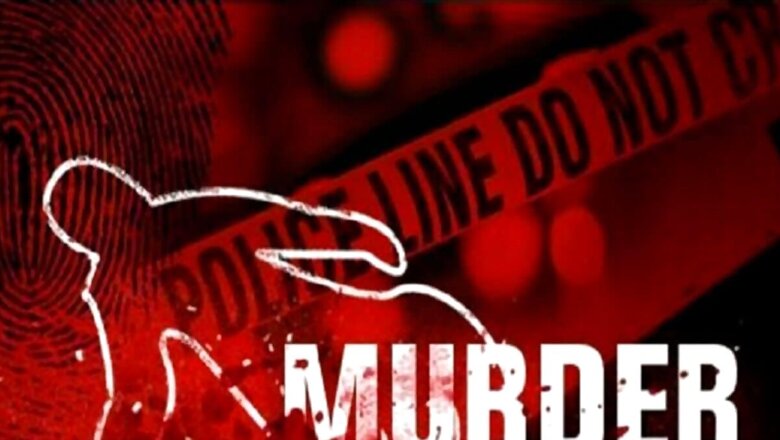
views
Artist Chintan Upadhyay, who was convicted for conspiring and abetting the murder of his estranged wife Hema and her lawyer Haresh Bhambhani, told a court here on Saturday that his “conscience” was clear and he has not committed any crime.
Upadhyay, however, said that he was not “seeking mercy”, and is ready to accept whatever punishment the court decides, as it has found him guilty.
The court is expected to decide on the quantum of punishment in the case on October 10.
Installation artist Hema Upadhyay and her lawyer Bhambhani were killed on December 11, 2015, and their bodies were stuffed into cardboard boxes and thrown in a ditch in suburban Kandivali.
Additional sessions judge S Y Bhosale of the Dindoshi court had on October 5 held Upadhay guilty of abetting and conspiring to kill his wife.
Upadhyay was found guilty under IPC sections 120(B) (criminal conspiracy) and 109 (abetment). Following the conviction, the artist, who was out on bail, was sent to judicial custody till Saturday.
The three co-accused found guilty in the double murder case were tempo driver Vijay Rajbhar and helpers Pradeep Rajbhar and Shivkumar Rajbhar, who worked with absconding accused, art fabricator Vidyadhar Rajbhar.
The court on Saturday heard the arguments of the prosecution and defence on sentencing.
Before the proceedings, the court directed all the convicts to stand in the witness box and explained to them the sections under which they were convicted.
The judge later asked the convicts if they had anything to say on the judgment.
Upadhyay told the court, “My conscience is clear, I have not committed any offence. I’m innocent.” “However, the court has found me guilty, no mercy should be shown. I’m ready to accept whatever punishment the court decides,” he added.
Vijay Rajbhar informed the court that he has three children and since his father-in-law’s death, there was no one to look after them and they were facing issues with school admissions.
Co-accused Pradeep Rajbhar said his parents are old and unable to earn a livelihood and his family was dependent on him.
“I was 18 at the time of the arrest, young offender and some consideration should be given while deciding the punishment,” another convict Shivkumar Rajbhar said.
The trio prayed for leniency and sought that the period undergone in prison be set off against the sentence.
While making his submission on the point of sentencing, special public prosecutor Vaibhav Bagade sought a death sentence for the accused.
On Upadhyay’s statement, the lawyer said the stand taken by the accused shows his “determination in committing” the crime concerned.
All the accused were voluntarily involved in the crime, he said, adding that the crime had shaken the conscience of the society and it was the talk of the town.
“Considering the attack on a lawyer, who is a vital pillar of the society. A message has to be given that if pillars are shaken, it will be taken seriously,” he said.
This was a “cold-blooded and calculated murder” and the death penalty should be given, Bagade said.
“If the accused accept their mistake and show remorse there is scope for reformation. These are hardcore criminals there is no scope for reformation,” he said.
Appearing for Upadhyay, Raja Thakkare said the philosophy of the death penalty has undergone changes, which is reflected in the recent judgment of the Supreme Court.
Upadhyay has been found guilty on the charge of IPC section 120B (criminal conspiracy), which in other words means that he didn’t participate in the murder, and in whatever manner it was committed will not be relevant to him, the senior advocate said.
“In any manner, it is not a rarest of rare case, and a death penalty will not be attracted, other alternatives are available,” Thakare said.
Advocates Rajendra Mishra, Anil Jadhav and Vijay Yadav, who appeared for the other accused, said there was no criminal antecedent and hence, a death sentence can’t be given.
Upadhyay spent nearly six years in jail before being granted bail by the Supreme Court in September 2021. He was sent to judicial custody again after his conviction in the case.
The police were unable to crack the double murder and hence implicated him in a false case taking advantage of his and Hema’s matrimonial dispute, Upadhyay had claimed in this final statement submitted to the court.










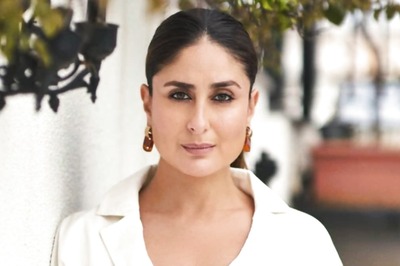





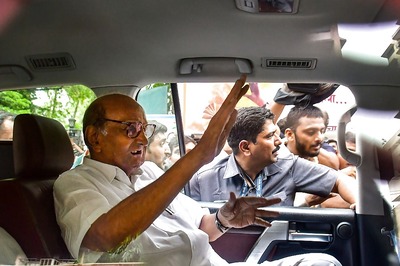
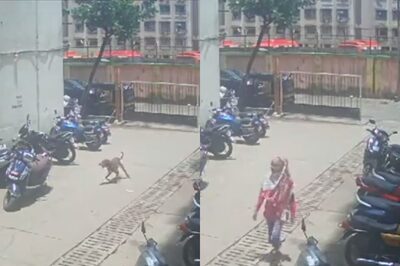
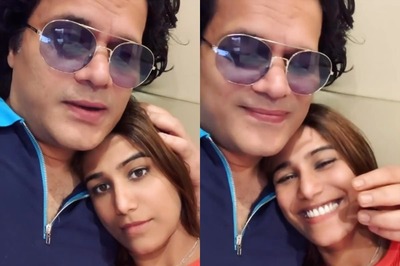

Comments
0 comment